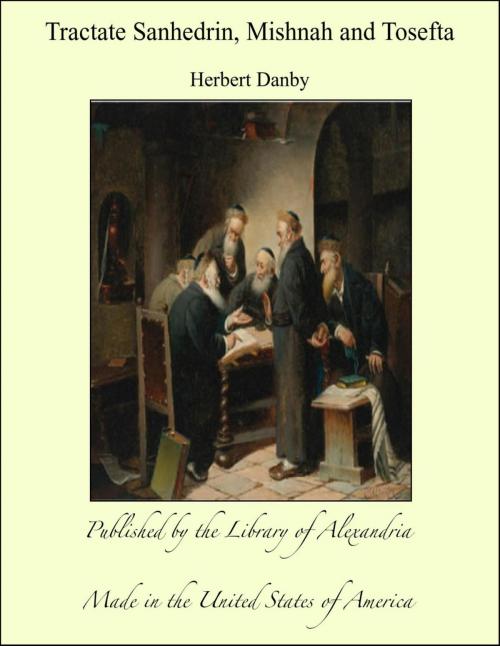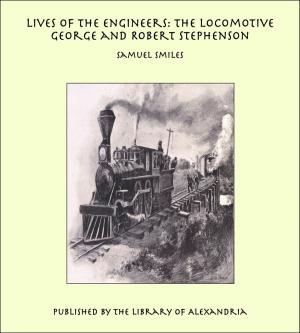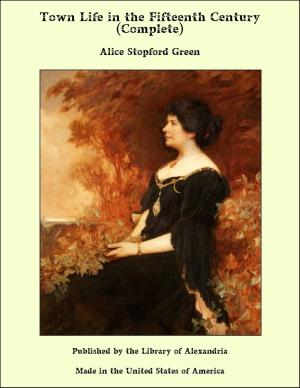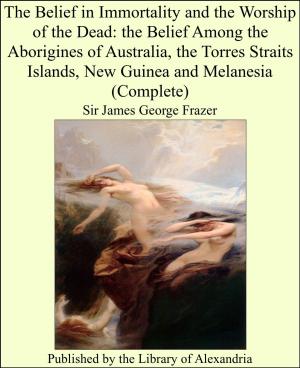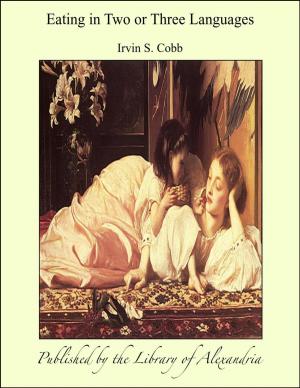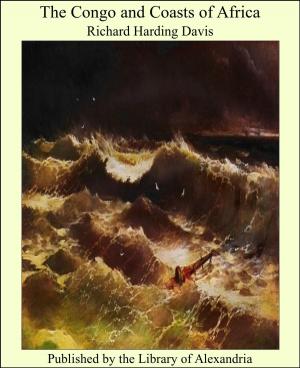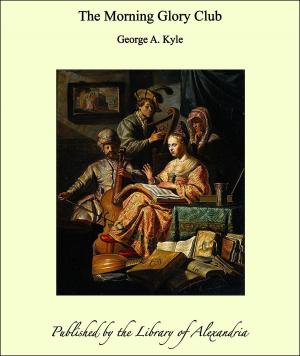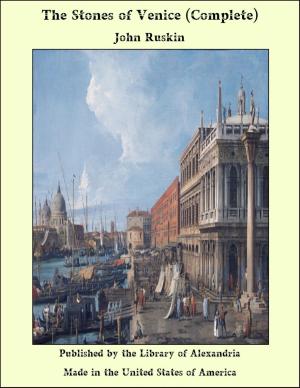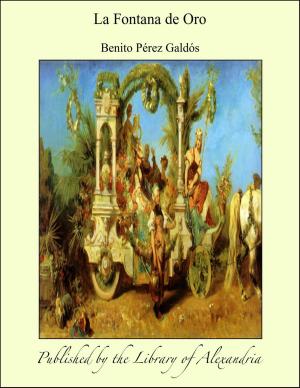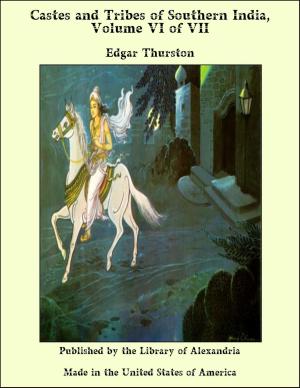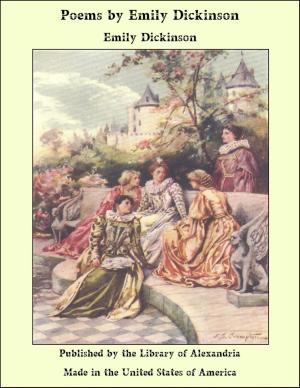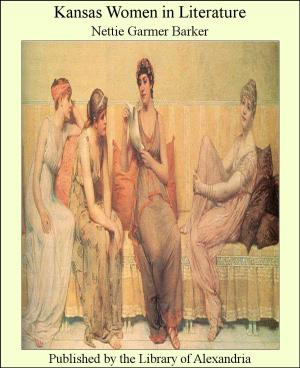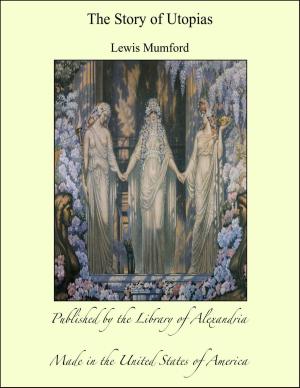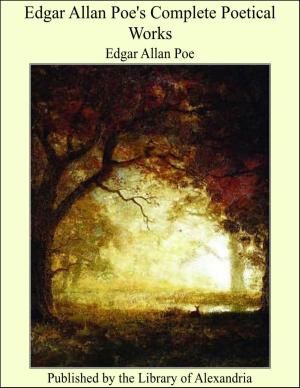Tractate Sanhedrin, Mishnah and Tosefta
Nonfiction, Religion & Spirituality, New Age, History, Fiction & Literature| Author: | Herbert Danby | ISBN: | 9781465577283 |
| Publisher: | Library of Alexandria | Publication: | March 8, 2015 |
| Imprint: | Language: | English |
| Author: | Herbert Danby |
| ISBN: | 9781465577283 |
| Publisher: | Library of Alexandria |
| Publication: | March 8, 2015 |
| Imprint: | |
| Language: | English |
SANHEDRIN is the title given to the fourth tract in the fourth of the six orders or series which make up the Mishnah.1 This order, called nezikin, "damages" (or, in the Tosefta, yeshu‘oth, "redemptions"), deals more or less directly with the various branches of Jewish jurisprudence; and Sanhedrin, as its name implies, treats of the higher legislative courts, their constitution, authority, and method of procedure. The Mishnah and Tosefta, which are here translated,2 may be regarded as together giving the bulk of the traditions on the subject in the form in which they existed at the close of the second century A.D. The Mishnah gives an ordered, comprehensive sketch of the regulations which governed the legal courts; while the Tosefta goes over similar ground in a freer manner, frequently repeating, occasionally contradicting, and constantly supplementing--not always relevantly--the substance of the more authoritative and final code. The Tosefta must not, however, be regarded as a later addition to the existing Mishnah; its similarities and differences lend themselves rather to a hypothesis which would see in the Tosefta a supplement to an earlier form of the Mishnah than is now in our possession.
SANHEDRIN is the title given to the fourth tract in the fourth of the six orders or series which make up the Mishnah.1 This order, called nezikin, "damages" (or, in the Tosefta, yeshu‘oth, "redemptions"), deals more or less directly with the various branches of Jewish jurisprudence; and Sanhedrin, as its name implies, treats of the higher legislative courts, their constitution, authority, and method of procedure. The Mishnah and Tosefta, which are here translated,2 may be regarded as together giving the bulk of the traditions on the subject in the form in which they existed at the close of the second century A.D. The Mishnah gives an ordered, comprehensive sketch of the regulations which governed the legal courts; while the Tosefta goes over similar ground in a freer manner, frequently repeating, occasionally contradicting, and constantly supplementing--not always relevantly--the substance of the more authoritative and final code. The Tosefta must not, however, be regarded as a later addition to the existing Mishnah; its similarities and differences lend themselves rather to a hypothesis which would see in the Tosefta a supplement to an earlier form of the Mishnah than is now in our possession.
